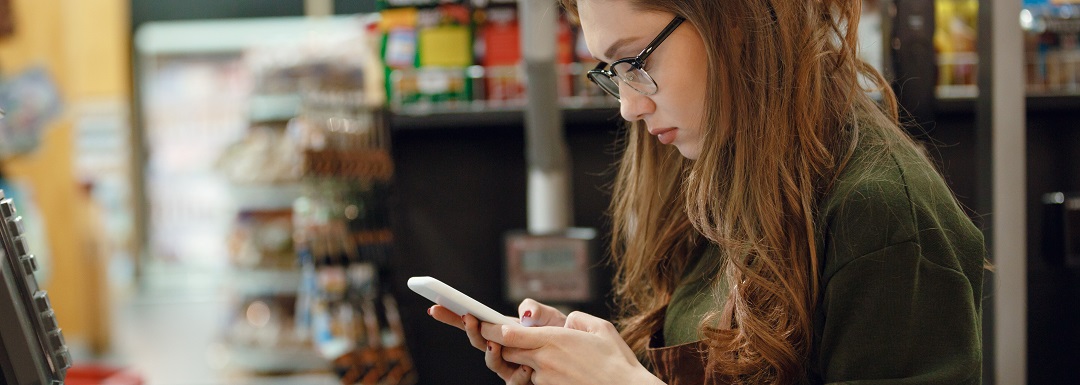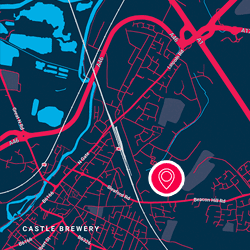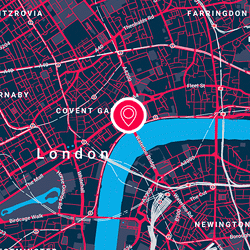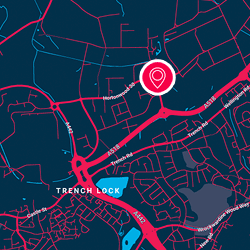BLOG
Evolve or Expire: Why Retailers Need to Differentiate
Evolve or Expire: Why Retailers Need to Differentiate
As recent as ten years ago, a store served a simple purpose. Book shops sold books. Cafes sold coffee. Fashion stores sold clothing. This worked because at that moment, what it meant ‘to shop’ was different. The hub was a high street. Shopping meant lacing your shoes and walking around. Now with the emergence of Amazon, ASOS and other digital suppliers, shopping exists in scrolling, clicks and deliveries.
Consumers are in control of the show
Consumer demands have changed, there’s more choice, more volume. We are less brand-loyal. A rise in online pure plays has meant any product anywhere can be delivered to your door. However, multichannel retailers have a final remaining trump card – and it’s imperative that they use it now.
Culture not Commerce
Physical space is something pure plays don’t have. There is an opportunity to innovate and create an experience for the customer. For example, look at how Apple represent themselves in-store. Kids look inside with wonder, they spend hours playing. And that sense of play is very important. Apple also offer Apple Summer Camp, where kids between 8-12 spend 90minutes a day for 3 days, ‘immersed in a subject of their choice’. The ultimate purpose of Apple is to sell. But they’ve hidden it behind an experience, a holiday, a day out. They’ve utilized space to create a unique experience for the customer.
“People have to differentiate themselves and innovate, utilise emerging technology as a means of differentiation from competitors.”

Theatre in Store
Experiential Retail is the new buzz word, it’s practical use, however, is very real. Differentiation can also be non-tech. Many brands have now branched into catering. The Burberry on Regent Street has extended its services with a cafeteria. This café is worth visiting by itself. Oh, and they also sell clothes. This idea of ‘oh and they also’ is very important. The more a customer forgets that they are in a calculated sales pitch, the more an experience is made, cups of tea are made, products are sold.
Take Zara for instance. After pumping a lot of money into digitalisation, they have implemented self-service checkouts. Understanding that just like with website-traffic, customers want a smooth and user-friendly experience. Zara are also one of the first brands to experiment with Augmented Reality. With a recent app, customers can now direct their phones at sensors instore and watch models walk around with their clothing.
In addition to Zara, Pizza Express have taken to AR – launching Doughballs, a penalty shootout with doughy footballs. The game is simple enough. You point your camera at a pizza express box or flat surface and you flick doughballs passed a dough-keeper. Fun. Easy. Effective? The pizza industry has stock growing faster than Amazon and Google, they’re doing something right.
In addition, Ikea have a ‘try before you buy’ app. Using AR technology, customers place true-to-scale 3D furniture in their home. Michael Valdsgaard, Digital Transformation Lead at IKEA says that:
“It could eventually be that you put in contact lenses and you don’t need to look at a phone anymore. We’re really right at the beginning of the big bang with AR and understanding just how it can make everyday life better for people.”
AR is only just beginning. It is predicted that the market will grow from $1.1 billion in 2018 to $8 billion by 2023, at a CAGR of 47.1% between 2018 and 2023.
In conclusion…
Failure to differentiate can often spell the end of a business. The retail landscape has never been more competitive. Why do they then fail? Other competitors are making shopping a unique experience, pulling customers away from their tablets and into stores. Standing out. Experiential retail is a necessity for a striving enterprise. Relying on discounts and attractive outdoor cosmetics won’t cut it anymore, stores must innovate from the inside.
To read more thought-leadership articles visit our blog @Timico.

Timico
We deliver Connectivity, UC&C, Cloud & Hosting, Security and IT Managed Service Solutions to our customers, through Service Operations based in Newark, Winnersh, Telford and London.










